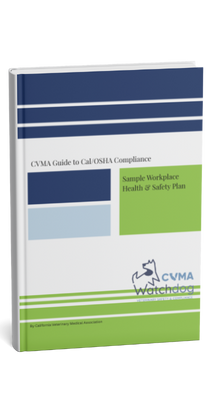
The subscription-based CVMA Guide to Cal/OSHA Compliance is available only to CVMA members and is designed to help veterinary practices comply with the Department of Industrial Relations Division of Occupational Safety and Health (Cal/OSHA) regulations. This interactive guide takes you step-by-step through creating a custom written safety plan for your veterinary practice which meets Cal/OSHA requirements. It also assists you with implementation of your plan, employee training, and recordkeeping. New subscription $279 Subscription Renewal $119*.
*You must maintain an active subscription in order to save your work.
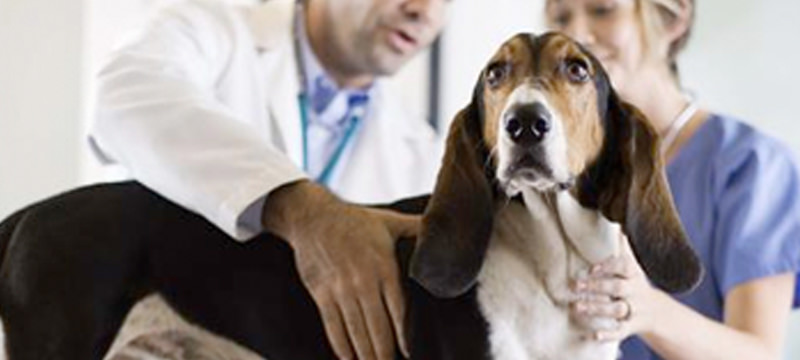
Cal/OSHA regulations require all employers to have a comprehensive program that addresses the safety and health of employees. Programs include written policies, workplace postings, employee training, workplace inspections, and other components. The CVMA Guide to Cal/OSHA Compliance is your one-stop source for assistance in creating and implementing your workplace safety program.
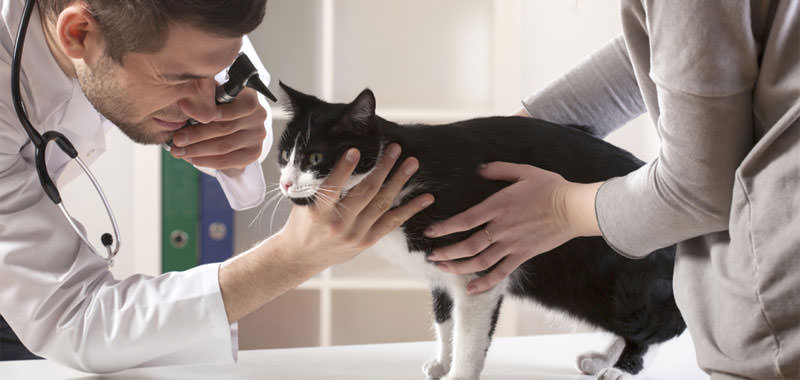
The CVMA Guide to Cal/OSHA Compliance gives users efficient and intuitive tools to navigate the labyrinth of Cal/OSHA requirements. The Guide assists users by providing educational material, helpful forms, training templates, implementation and recordkeeping resources, and a step-by-step wizard to simplify creating a customized written safety plan. Each section has clear instructions and a logical progression which results in a safety program catered to each individual subscriber.

Lost and cannot find your way? The CVMA Guide to Cal/OSHA Compliance has a Frequently Asked Questions section on how to use the guide to get you back on track! And if you cannot find the answer that you are looking for there, CVMA staff are on-hand by phone or email Monday-Friday to assist you.

The CVMA Guide to Cal/OSHA Compliance is designed specifically with veterinary practices in mind. While no two practices are exactly the same, and therefore no two Cal/OSHA safety programs will be identical, there are several requirements that are universal to all businesses. Sections such as the Illness and Injury Prevention Program (IIPP), Fire Prevention Plan (FPP), Emergency Action Plan (EAP), and Hazard Communication Program (HCP) are among the core. But there are other requirements for veterinary practices beyond these, and information about each is included in the guide for your consideration.
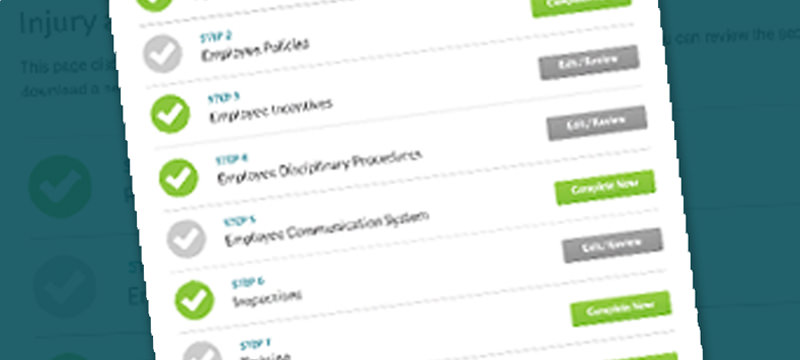
Completing a written Illness and Injury Prevention Plan (IIPP) can be daunting, but the CVMA Guide to Cal/OSHA Compliance step-by-step wizard streamlines the process. The wizard educates users on each component of the IIPP and produces a clear, current, customized written document which helps practices comply with Cal/OSHA regulatory requirements. After the wizard is complete, the guide will assist subscribers with implementation, training and recordkeeping, providing tailored forms and training template along the way.
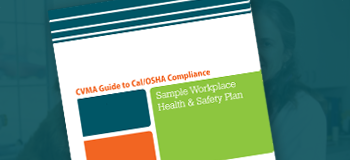
Having a sample finished product can help to reduce confusion or wrong turns during the development of a written safety program. The CVMA Guide to Cal/OSHA Compliance allows subscribers to print a sample written safety plan in order to get an idea of the finished product. While each subscriber will ultimately create his or her own plan custom-made for the veterinary practice, the sample plan can help along the way by providing a suggested format for a written plan.

After your written safety plan is complete, there are still several steps that you must take to meet Cal/OSHA requirements. Implementing your plan should include workplace inspections, hazard corrections, an employee communication system to report problems, required postings, and others. The CVMA Guide to Cal/OSHA Compliance can help with these components by providing educational material and sample forms to create a functional workplace safety and health program for your veterinary practice.
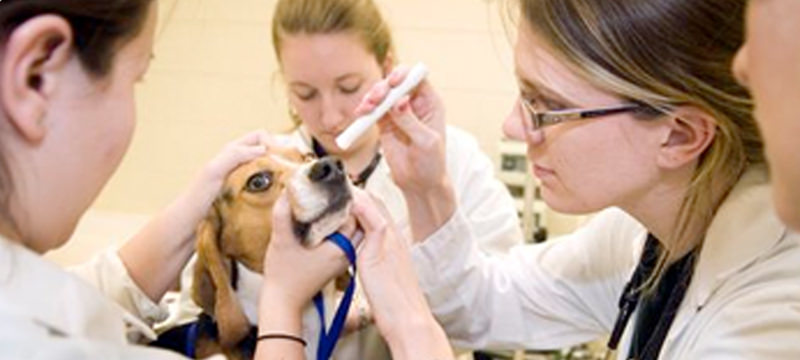
Once your Cal/OSHA workplace health and safety program is written and implemented, the next step is employee training. Training can include not only the written plan itself, but also various subjects on workplace safety and health. The CVMA Guide to Cal/OSHA Compliance provides useful templates for education topics pertinent to veterinary practices. All efforts to train employees should be documented, and the guide assists subscribers by providing forms and suggestions for a recordkeeping system.
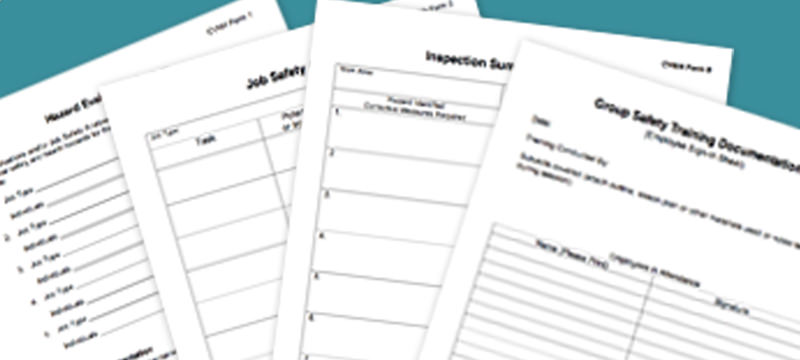
The CVMA Guide to Cal/OSHA Compliance has created forms specifically with veterinary practices in mind. Catered to each section of the guide, the forms can be downloaded and printed for easy use during inspections, training, meetings, and other activities which relate to Cal/OSHA requirements.